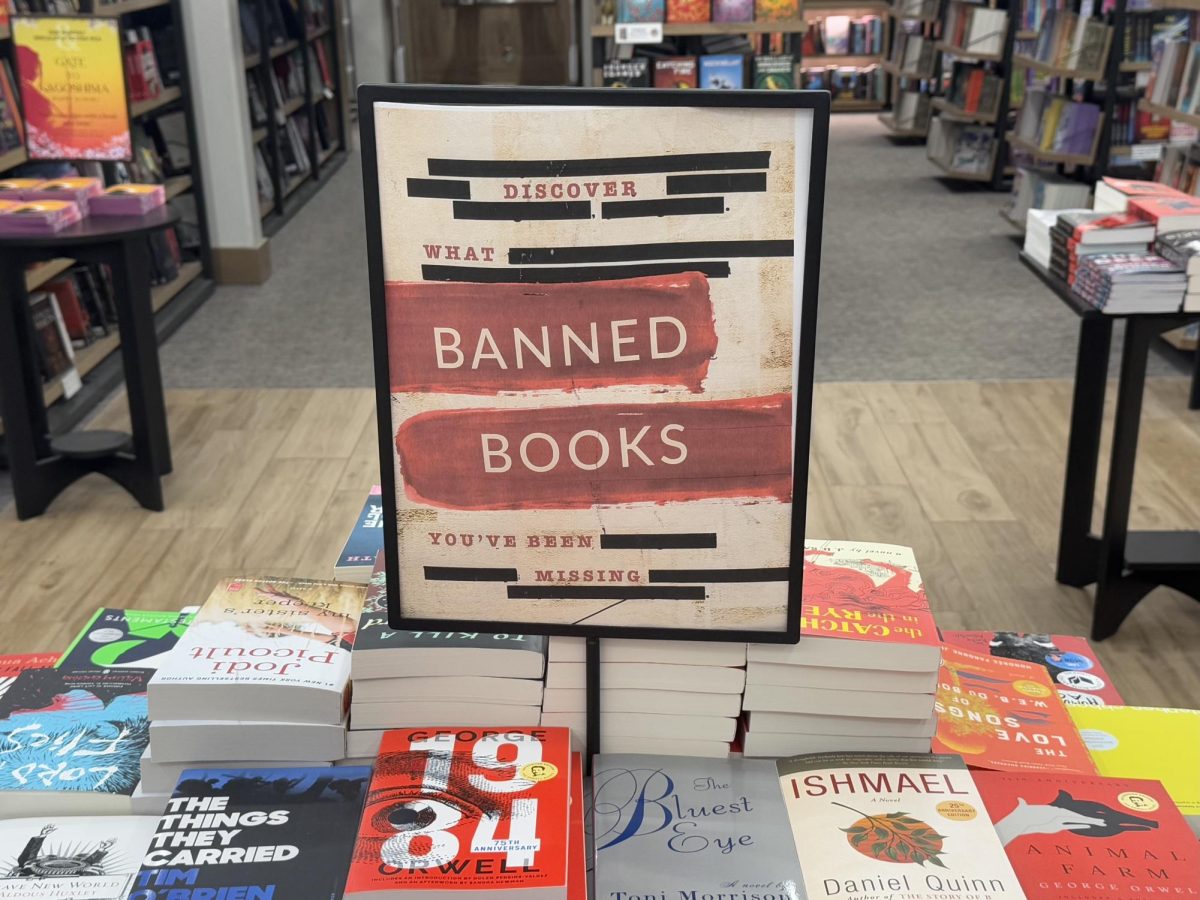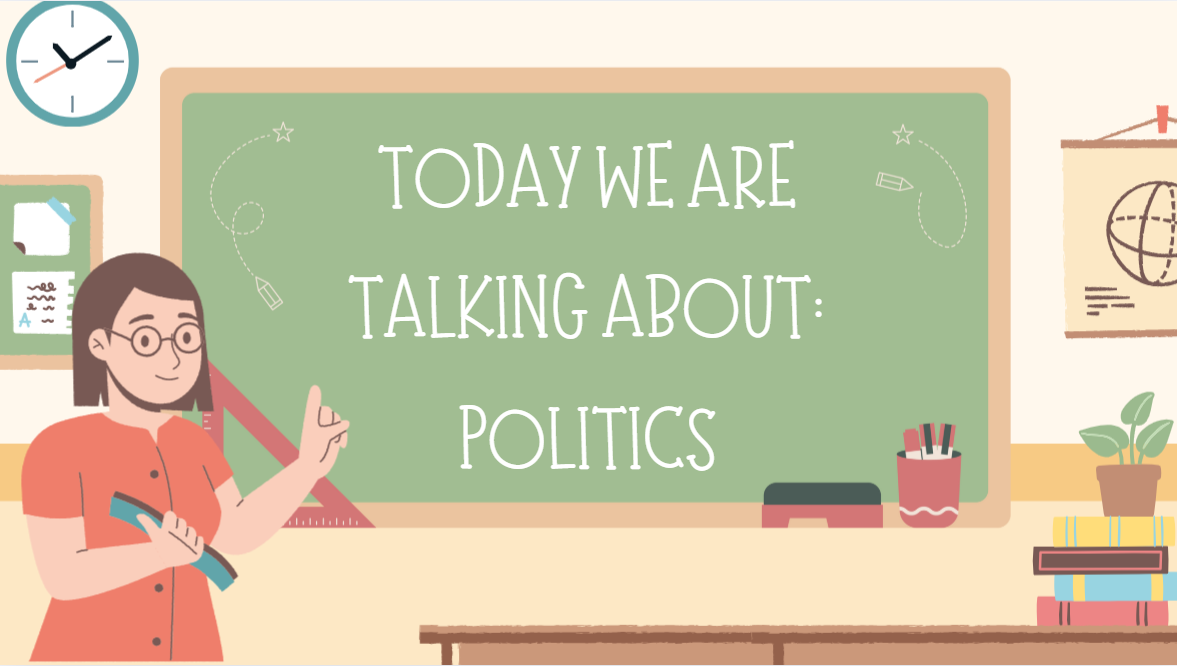In schools and libraries built to educate, students should receive unlimited access to reading material.
In the first eight months of 2024, 1,128 books were challenged to be banned from American schools, according to the American Library Association (ALA). While typically only 10% of challenged books actually get banned, the attempt at censoring what stories, information and perspectives students can read goes against educators’ job: to teach and prepare children for their future.
The top two reasons for challenging books, according to the ALA, are sexually explicit content and offensive language. Though these reasons are understandable regarding which books or content school’s libraries own, they’re questionable when referring to books students read and learn about in class.
No matter how difficult reading stories involving sensitive topics or offensive language can be, it’s important for students to learn about the time that language or behavior was common so they can understand why it’s a problem.
Censoring which stories students receive access to limits the events and perspectives they are exposed to. Reading different points of views expands students’ understanding of the world and makes them more empathetic, according to a study published by the National Library of Medicine.
Challenging “1984” for its explicit language that can be heard in public school hallways or “The Diary of Ann Frank” because of its discussion about the Holocaust doesn’t make that language and part of history disappear. If students can’t learn about sensitive topics in the comfort of the classroom, reality will eventually hit them harder at a later time.
Despite the controversy of banned books primarily existing in schools’ curriculum, the majority of books challenged, according to the ALA, are by parents.
While parents have every right to be concerned about the content their children are reading, going as far to challenge the books available to their children undermines the decisions of the teachers choosing those books.
Parents should trust the judgement of the teachers assigning books to their children. Obviously, a teacher isn’t going to have a 7th grade class read “1984” and a school library isn’t going to own “50 Shades of Grey.”
If parents feel a book is inappropriate, they can talk to the teacher and “ban” their child from reading it. But the book shouldn’t become banned in the entire state.
Schools shouldn’t restrict knowledge. Banning books doesn’t make the material or issues in them disappear. People need to stop challenging books to try and censor students from existing problems in the world.







